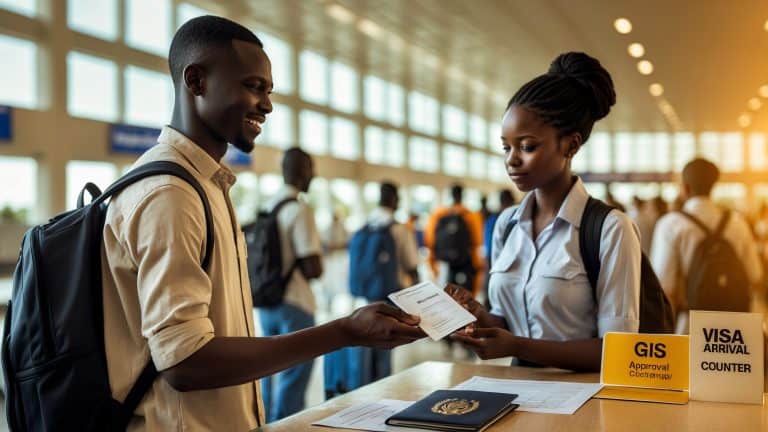This is a premium article written by one of our experts.
Check out

Private Security in Ghana: Should You Hire a Company or Go In-House?
This is a premium article written by one of our experts. Upgrade to Navigator or Pathfinder read the full article

From Deed to Dividend: Maximizing Your Ghana Real Estate Investment
This is a premium article written by one of our experts. Upgrade to Navigator or Pathfinder read the full article

Building Mental Resilience for Expats: Coping with Economic Uncertainty and Currency Fluctuations
By integrating emotional resilience, cultural connection, and intentional financial strategies, diasporans can navigate economic uncertainty without losing stability or a sense of self. Building mental resilience for expats is crucial, and this article explores these…

Ghana Visa on Arrival: Essential Facts & Common Pitfalls to Avoid
This is a premium article written by one of our experts. Upgrade to Navigator or Pathfinder read the full article

Navigating Relocation Doubts: Reconnect with Your Vision for Moving to Ghana
This is a premium article written by one of our experts. Upgrade to Navigator or Pathfinder read the full article

Ghanaian Social Pressure: Setting Boundaries While Respecting Cultural Norms
This is a premium article written by one of our experts. Upgrade to Navigator or Pathfinder read the full article